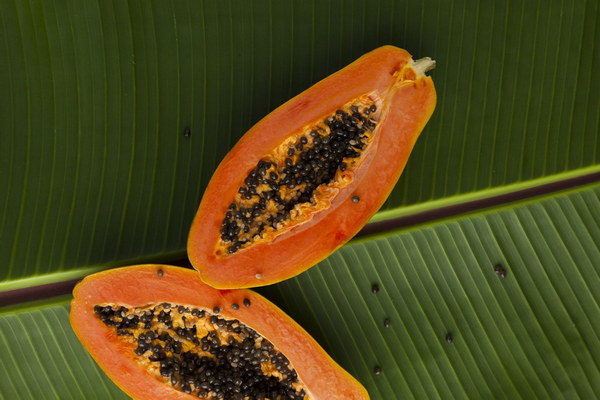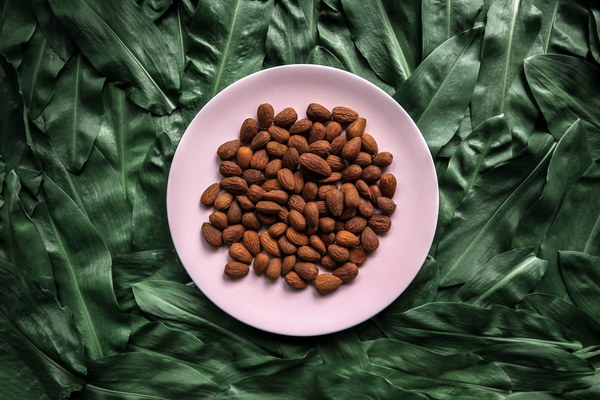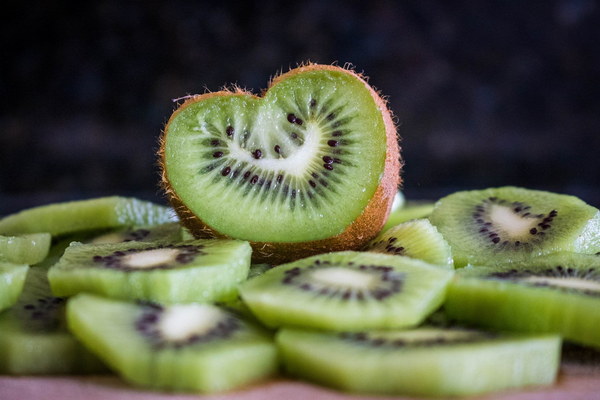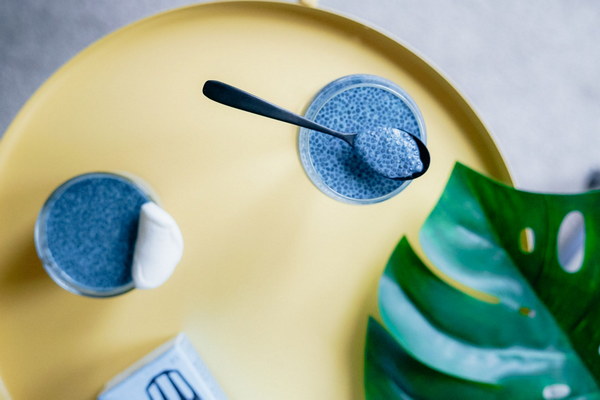Effective Ways to Nourish Your Kidneys A Comprehensive Guide
Introduction:
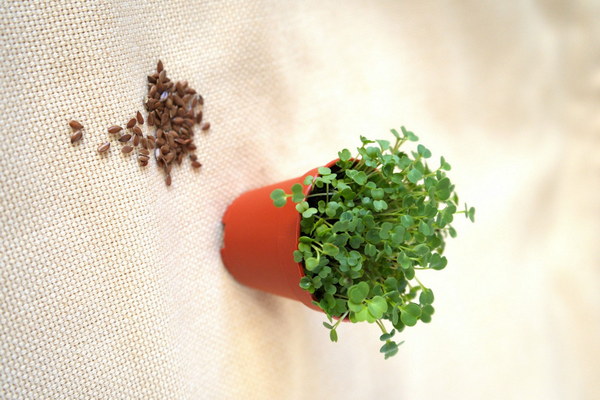
The kidneys play a crucial role in maintaining our overall health and well-being. They filter waste products, regulate blood pressure, and balance electrolytes in our body. However, due to modern lifestyle choices and environmental factors, kidney health has become a significant concern for many. In this article, we will explore effective ways to nourish your kidneys, helping you maintain their optimal function and prevent kidney-related issues.
1. Stay Hydrated:
One of the most effective ways to nourish your kidneys is by staying well-hydrated. Adequate water intake helps to flush out toxins and waste products from the kidneys, reducing the risk of kidney stones and infections. Aim to drink at least 8 glasses of water per day, and adjust your intake based on your activity level and climate.
2. Maintain a Balanced Diet:
A balanced diet rich in nutrients can significantly contribute to kidney health. Include a variety of fruits, vegetables, whole grains, lean proteins, and healthy fats in your diet. Some specific foods that are beneficial for kidney health include:
- Leafy greens: Spinach, kale, and Swiss chard are packed with essential vitamins and minerals that support kidney function.
- Berries: Blueberries, strawberries, and raspberries have antioxidants that help reduce inflammation and oxidative stress in the kidneys.
- Cruciferous vegetables: Broccoli, cauliflower, and Brussels sprouts contain compounds that support kidney health.
- Nuts and seeds: Almonds, walnuts, chia seeds, and flaxseeds are good sources of healthy fats and protein.
- Lean proteins: Chicken, fish, and tofu are great options that provide essential amino acids without overloading the kidneys.
3. Limit Salt Intake:
Excessive salt intake can lead to high blood pressure, which is a significant risk factor for kidney disease. Limiting salt in your diet is essential for kidney health. Avoid processed and packaged foods, which are often high in sodium. Instead, use herbs and spices to enhance flavor.
4. Exercise Regularly:
Regular physical activity can improve kidney function and reduce the risk of kidney disease. Exercise helps to maintain healthy blood pressure, manage body weight, and improve overall cardiovascular health. Aim for at least 150 minutes of moderate-intensity aerobic exercise or 75 minutes of vigorous-intensity exercise per week.
5. Avoid Smoking and Limit Alcohol Consumption:
Smoking and excessive alcohol consumption can negatively impact kidney health. Smoking increases the risk of kidney disease and accelerates kidney damage. Limiting alcohol intake to moderate levels can help protect your kidneys.
6. Manage Chronic Conditions:
Chronic conditions such as diabetes, hypertension, and obesity can damage the kidneys over time. It is crucial to manage these conditions effectively by following your healthcare provider's recommendations, including medication adherence, lifestyle modifications, and regular check-ups.
7. Get Regular Check-Ups:
Regular kidney function tests can help detect any abnormalities early. By monitoring your kidney health, you can take proactive steps to maintain optimal kidney function and prevent kidney disease.
Conclusion:
Nourishing your kidneys is essential for overall health and well-being. By following these effective ways to maintain kidney health, you can reduce the risk of kidney disease and support your kidneys' optimal function. Remember, a healthy lifestyle is the key to keeping your kidneys in good shape.
